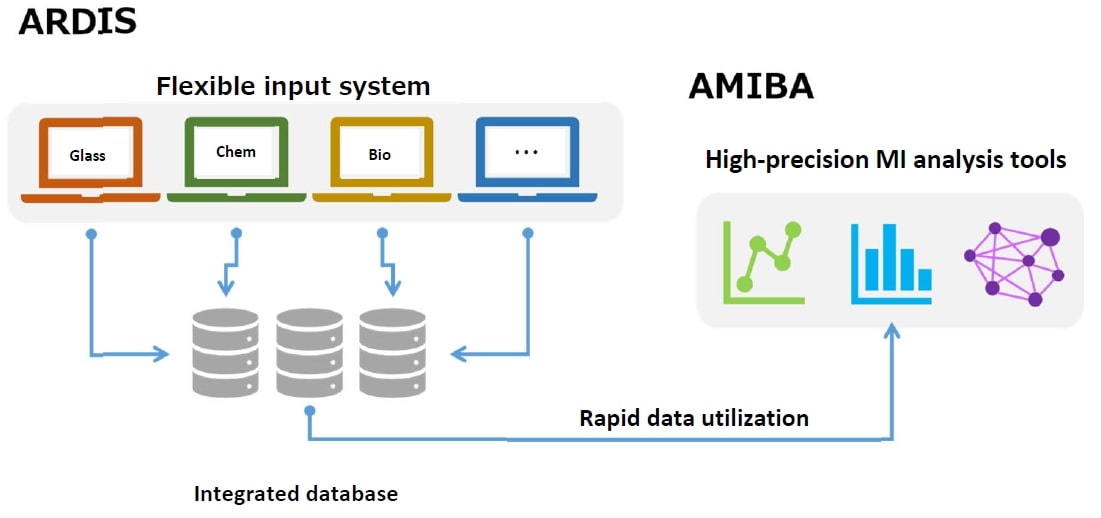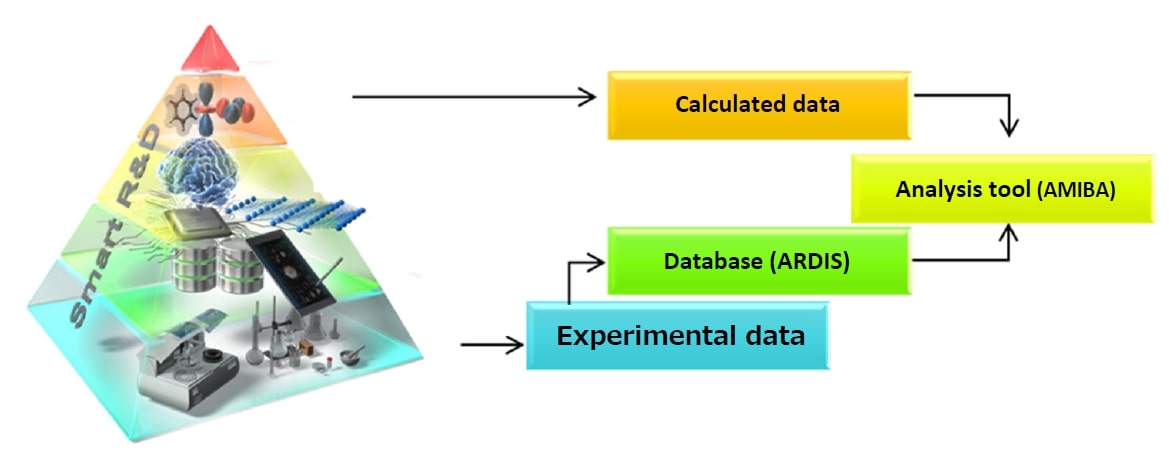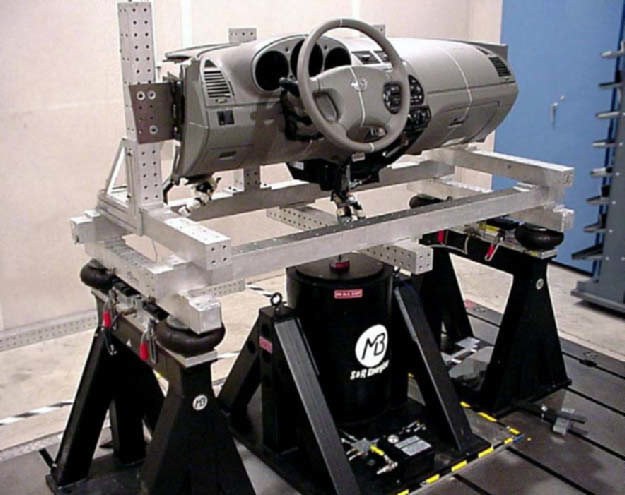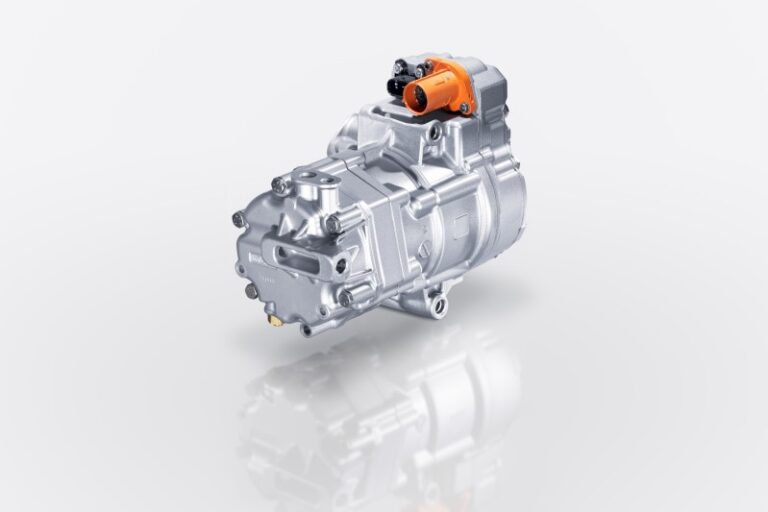AGC has developed its original Materials Informatics (MI) database, AGC R&D Data Input & Storage (ARDIS), and a dedicated Materials Informatics tool, AGC Materials Informatics Basis Analysis Tool (AMIBA).


In the development of materials, the conventional method to find new materials through repeated experiments is based on the knowledge and experience of researchers, which can take more than a decade. Materials Informatics, which uses computational and data sciences to significantly improve the efficiency of materials development, has been attracting attention in recent years. Yet until now, the storage format for experimental data has not been standardized, making it difficult to fully utilize MI.
AGC regards an integrated experimental data storage as an important platform for MI applications and has developed its own MI database system, ARDIS, which also functions as an electronic laboratory notebook for R&D tasks. The system accumulates data that can be used for MI by repeatedly recording daily experimental plans and results in ARDIS like a handwritten notebook. As data is shared among researchers and between organizations, using ARDIS improves the quality of R&D data and also allows for more efficient, data-driven R&D.
AGC has also developed its original MI tool called AMIBA to seamlessly utilize the experimental data accumulated in ARDIS. These systems allow researchers to thoroughly perform data input and analysis in a consistent manner, thereby advancing understanding of phenomena and estimating characteristics at all stages of development and accelerating R&D efficiency.
The pilot program for these tools, which began in 2020, demonstrated a variety of benefits, including the discovery of glass compositions that maximize strength of chemically strengthened glass used in smartphones and other electric devices as well as accelerating the design of high-quality coating materials to meet diverse needs for novel automotive glass. They are also used in the molecular design of polymers for fuel cells to explore advanced materials based on new perspectives according to the MI. In the future, AGC will further accelerate the development of new materials through MI by cultivating talent who can utilize data through initiatives such as in-house MI consulting.




